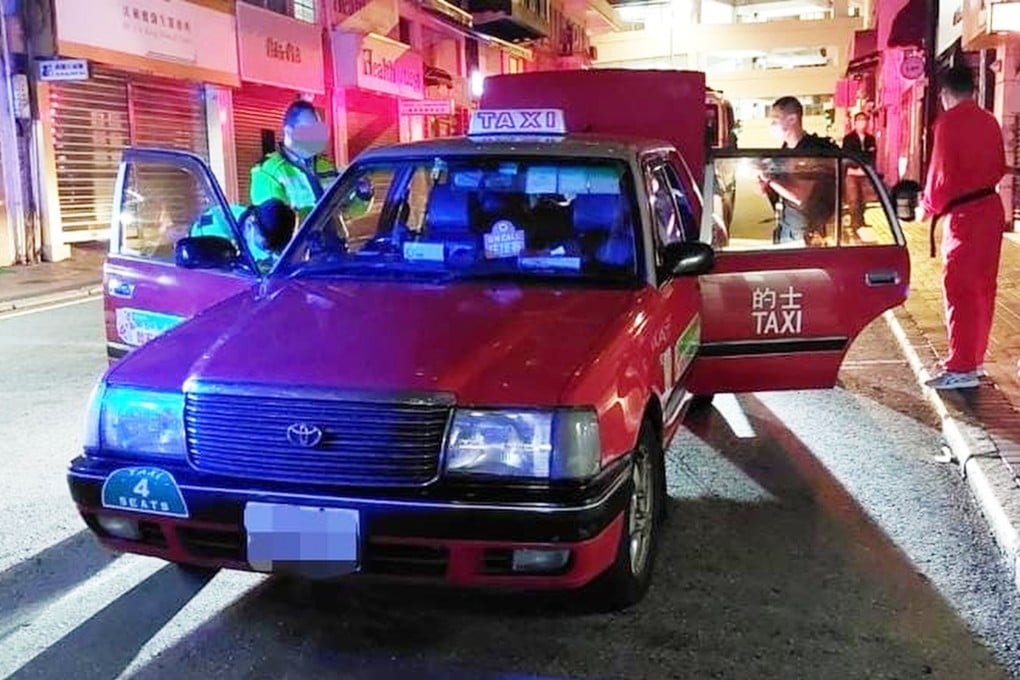Advertisement
Feeling the sting: Hong Kong authorities step up undercover operations targeting false claims, cheating
- Superintendent Suzette Ip confirmed there had been more undercover operations this year, said they were necessary to safeguard consumers’ rights
- Those guilty of ‘applying a false trade description’ face up to five years’ jail, HK$500,000 fine
Reading Time:3 minutes
Why you can trust SCMP
2

Hong Kong law enforcement agencies have stepped up sting operations targeting those who trick their customers, lie about their qualifications or overcharge, with officers going out in disguise as members of the public.
Those caught so far this year in customs operations include a fortune-teller, a tutor, a kayaking instructor, the owner of a hairdressing salon and the boss of a local cha chaan teng that passed off squid as abalone.
Two weeks ago, an officer dressed as a character from the Netflix smash hit Squid Game – complete with pink jumpsuit and mask – was among police disguised as Halloween revellers who arrested four taxi drivers for overcharging passengers leaving the Lan Kwai Fong nightlife hub.
Advertisement

Confirming there had been more undercover operations this year, the head of customs’ unfair trade practices unit, Superintendent Suzette Ip Tung-ching, said they were necessary to safeguard consumers’ rights.
Advertisement
“These operations help us gather useful evidence, identify key figures involved and bring them to justice,” she said.
Advertisement
Select Voice
Select Speed
1.00x